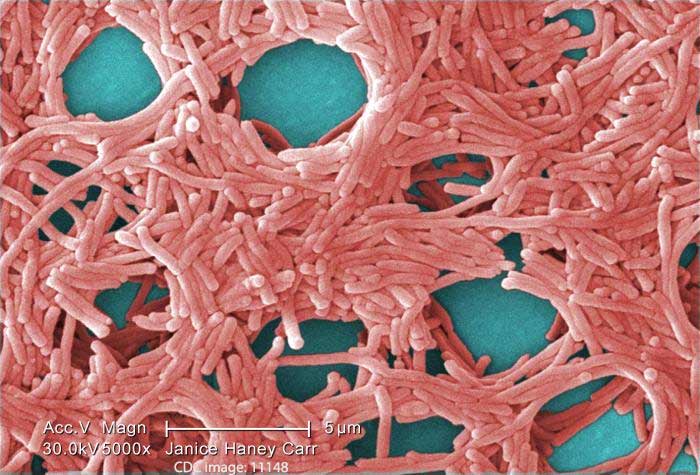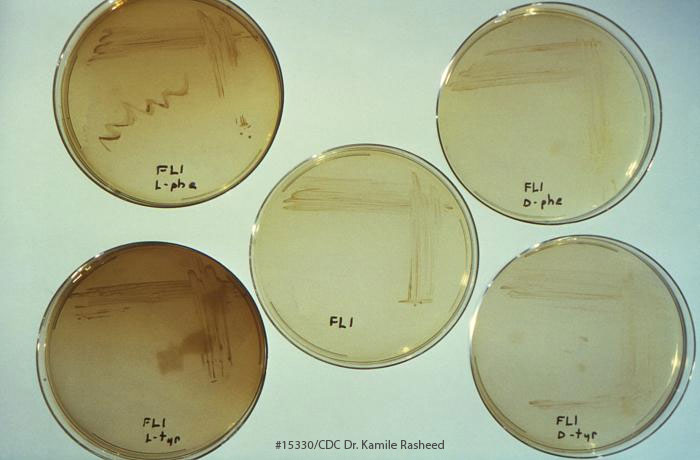You may have the right to sue Disneyland for Legionnaires’ disease if there is evidence connecting your illness to the theme park. Finding a connection is looking less likely as of November 16, but the investigation is ongoing. Also, there is a source somewhere in the Anaheim area, and when that is found, there will be a lawsuit against the owner of that building.
If your family has been affected by the Anaheim, California, Legionnaires’ disease outbreak, you should contact our law firm and talk with one of our Legionnaires’ disease lawyers about a lawsuit.
At the time this article was initially written, November 11, 2017, Disneyland had shut down 2 cooling towers in the theme part, but that does not mean the outbreak is connected to the theme park.
Legionnaires’ Disease Lawsuit Information
Please note that health officials have stated that, with the 2 cooling towers shut down, there is no longer a risk of Legionnaires’ disease associated with Disneyland in Anaheim. No cases have been reported with an onset of illness date after September 27, 2017, and bacterial testing has not been completed to determine if bacteria found in the cooling towers is connected to any illnesses (update says not able to pinpoint Disneyland as the source and other locations are being investigated). Also, this illness does not affect children.
Disneyland Shuts Down 2 Cooling Towers during Legionnaires’ Disease Outbreak Investigation
A Legionnaires’ disease outbreak in Anaheim, California has sickened people who visited Disneyland before getting sick. In response to this outbreak, the company shut down two cooling towers because they tested positive for Legionella, the bacteria that causes Legionnaire’s disease, also referred to as Legionella pneumonia and Legionellosis. As of November 16, health officials have not been able to link the outbreak to Disneyland.

There are 12 cases (updated to 15 on November 16) of Legionnaires’ disease in people who were in Anaheim from September 12 to September 27, 2017, according to the Orange County Health Care Agency (OCHCA)*. Eight of these people (updated to 11) visited Disneyland Park in Anaheim, CA and one works there, according to OCHCA*. The ages of those sickened range from 52 to 94.
The four people who did not visit Disneyland, live or traveled in Anaheim. Legionella can travel over a mile in water mist. Even from this distance, it can cause illness if the contaminated water mist is breathed in. With the investigation ongoing, it is not yet known how these 4 people, or any of the outbreak victims, were sickened.
Ten of the twelve people sickened were hospitalized. One person has died. This person did not visit Disneyland before getting sick.

Disneyland Resort (Disney) published a message by a medical doctor employed by by Disney:
“Upon being notified by OCHCA about the increased cases of Legionnaires’ disease in Anaheim, we worked closely with health care officials to see if there were potential areas of concern. We reviewed our water quality testing data, including testing performed by our third-party water quality contractor, and learned that two cooling towers had elevated levels of Legionella bacteria. These towers were treated with chemicals that destroy the bacteria and are currently shut down to further eliminate any ongoing concern.”
The message went on to say that OCHCA told them that “there is no longer any known risk associated with our facilities.”
*Source: Barboza, Tony. “Disneyland shuts down 2 cooling towers after Legionnaires’ disease sickens park visitors.” LA Times. 11 Nov. 2017. Web.